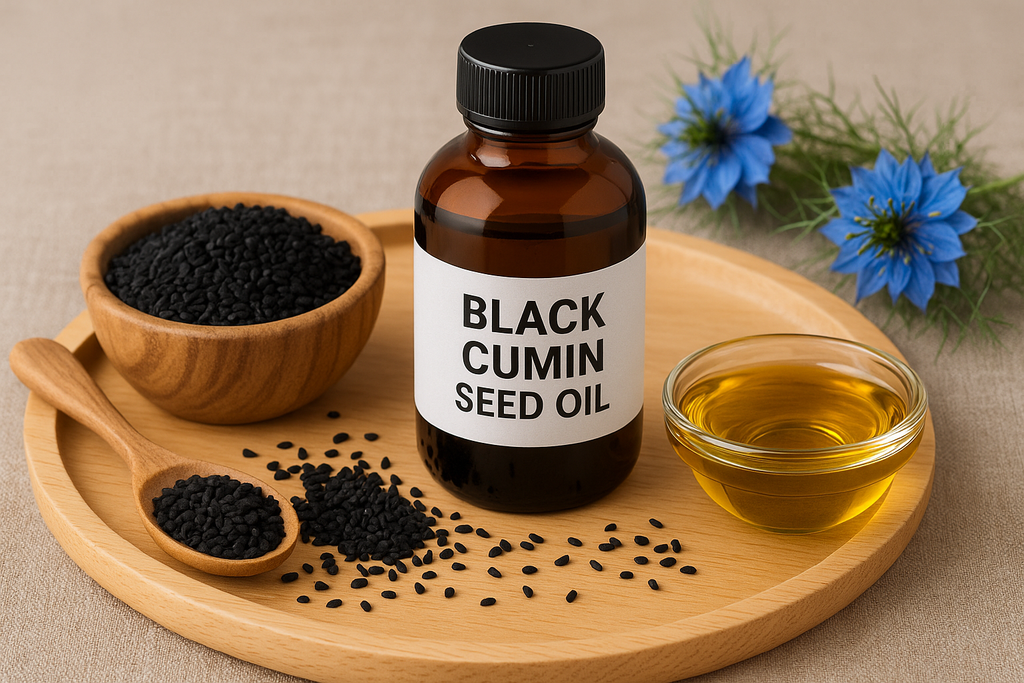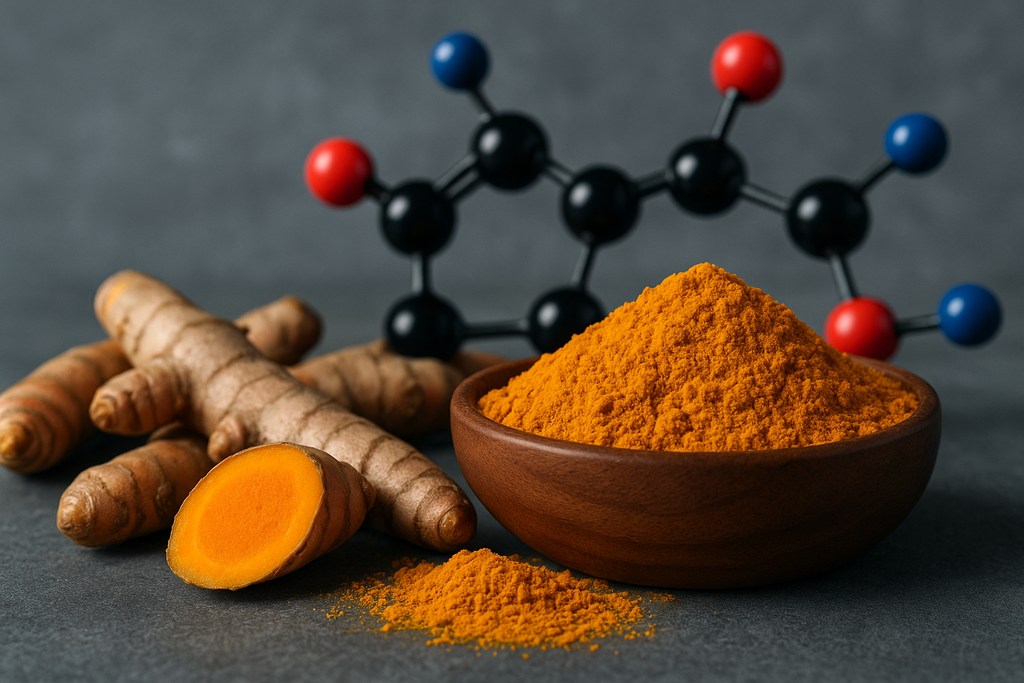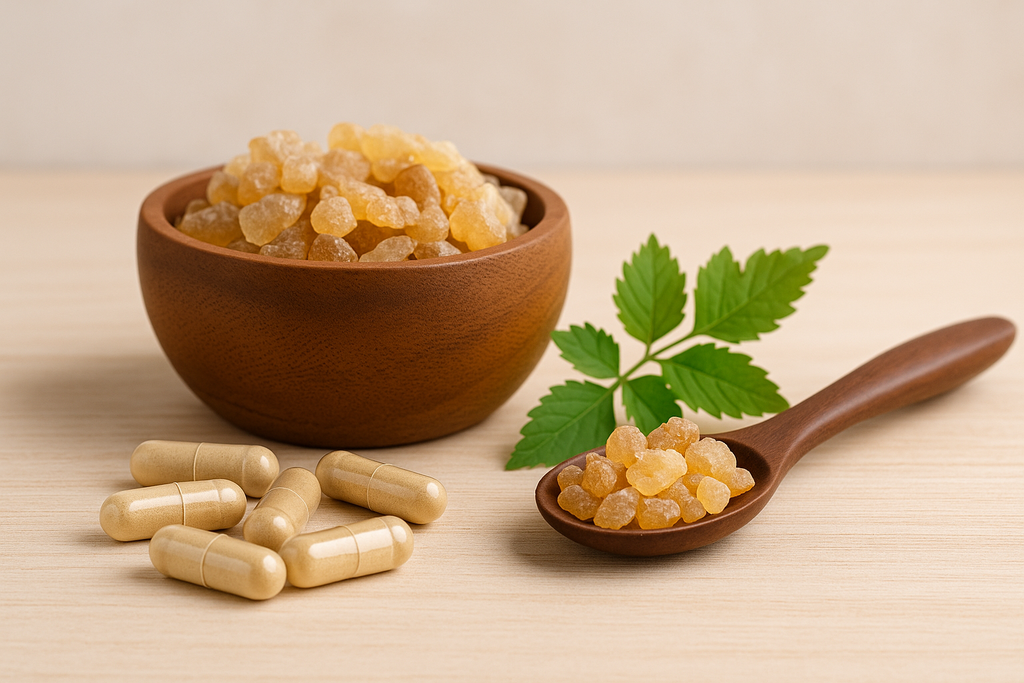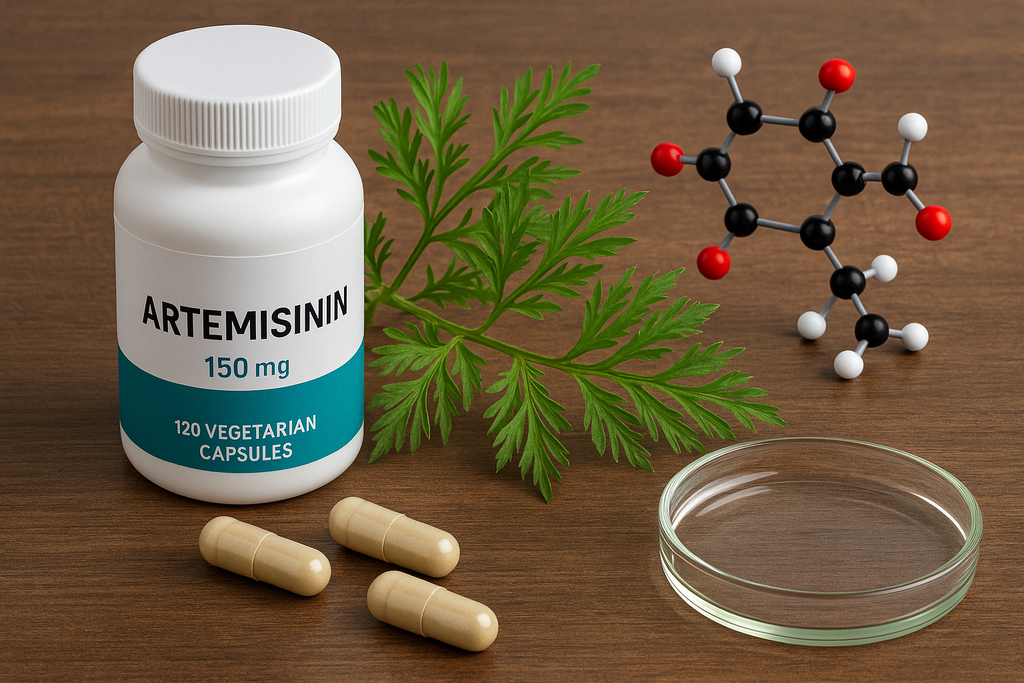News — natural anti-inflammatory
The Ultimate Guide to Black Cumin Seed Oil: Benefits, Dosage & More
allergy relief supplements black cumin capsules black cumin oil dosage black cumin seed oil black seed cognitive benefits black seed for immunity black seed oil benefits black seed oil for hair black seed oil skin black seed vs butterbur butterbur and black seed digestion herbal allergy relief immune support oil natural anti-inflammatory natural asthma remedy Nigella sativa oil thymoquinone supplement
Black cumin seed oil, also known as Nigella sativa or black seed oil, has been hailed for centuries as a “cure for everything but death.” While that’s a bold claim, modern research is finally catching up with ancient wisdom. This powerful oil has shown promise for supporting immunity, reducing inflammation, balancing blood sugar, and even improving skin and hair health.
Whether you're dealing with chronic inflammation, allergies, metabolic concerns, or simply want to boost overall wellness, black cumin seed oil offers a natural, time-tested solution. In this ultimate guide, we'll explore everything you need to know—from its science-backed benefits and uses to dosage tips, side effects, and how it compares with other powerful botanicals like Butterbur Extract.
Curcumin and Epigenetics: The Molecular Science Behind Its Anti-Inflammatory Power
bioavailable curcumin curcumin curcumin anti-inflammatory curcumin epigenetics curcumin inflammation curcumin molecular biology curcumin supplement CurcuPEA+ DNA methylation curcumin epigenetic supplements histone modification microRNAs inflammation natural anti-inflammatory NF-kB inhibition Nrf2 activation palmitoylethanolamide turmeric turmeric and gene expression turmeric capsules turmeric complex turmeric health benefits
In the vast world of natural compounds, few have received as much scientific acclaim as curcumin—the golden pigment found in turmeric. Traditionally used in Ayurvedic and Chinese medicine, curcumin is now being recognized by modern science for its powerful anti-inflammatory effects. But what gives this ancient spice such a potent biological punch? The answer lies deep in the molecular realm—specifically in how curcumin interacts with our epigenome.
Epigenetics, the study of how lifestyle and environment influence gene expression without changing the DNA sequence, has revolutionized our understanding of health and disease. And curcumin stands out as a natural epigenetic modulator. By influencing DNA methylation, histone modification, and microRNA activity, curcumin can switch genes on or off, particularly those involved in inflammation and immune response. In this article, we'll explore how curcumin impacts the epigenome and unlocks powerful anti-inflammatory pathways that may help combat everything from arthritis to neurodegeneration.
Boswellia Side Effects: Is It Safe for Long-Term Use?
AKBA boswellia arthritis boswellia benefits boswellia digestive issues boswellia dosage boswellia immune system boswellia interactions boswellia liver effects boswellia pregnancy boswellia risks boswellia safety boswellia side effects boswellia vs NSAIDs boswellic acid herbal supplement safety inflammation supplements joint pain supplements long-term use boswellia natural anti-inflammatory
Boswellia, also known as Indian frankincense, has been used for centuries in Ayurvedic medicine to treat inflammatory conditions such as arthritis, asthma, and digestive disorders. Derived from the resin of the *Boswellia serrata* tree, this powerful botanical is now gaining popularity in the modern supplement world for its potential to reduce joint pain, enhance mobility, and support gut health. But as with any long-term herbal remedy, safety and side effects are essential to consider.
While Boswellia is generally well-tolerated and praised for its natural anti-inflammatory properties, questions remain about its impact with prolonged use. Are there risks to taking Boswellia daily? What interactions should you watch for? And how can you use it safely to maximize its benefits? This article provides a complete guide to Boswellia’s side effects and long-term safety, backed by scientific research and clinical insight.
The Science of Artemisinin: How This Plant Compound Fights Disease
antiviral herbs artemether artemisia annua artemisinin artemisinin benefits artemisinin derivatives artemisinin supplement artesunate bioactive compounds cancer therapy artemisinin herbal antivirals herbal extraction herbal medicine immune support malaria treatment natural anti-inflammatory natural cancer treatments plant medicine sweet wormwood Tu Youyou
Modern medicine often turns to nature for answers, and few stories are as compelling as that of artemisinin. Derived from the sweet wormwood plant (Artemisia annua), this natural compound has revolutionized the treatment of diseases like malaria and is now being studied for its role in combating cancer and viral infections. Its discovery was so groundbreaking that it earned Chinese scientist Tu Youyou the Nobel Prize in Physiology or Medicine in 2015.
But artemisinin's story doesn’t end with malaria. Its unique biochemical structure enables it to attack disease-causing agents in ways that few other compounds can. This article takes a deep dive into the science behind artemisinin, its origins, how it works, its wide-ranging medical uses, and what the future holds for this powerful phytochemical. Whether you're a health enthusiast, medical professional, or simply curious, understanding artemisinin is a step into the fascinating world of plant-based therapeutics.
Beyond the Superfood: Seaweed-Derived Fucoidan’s Natural Anti-Inflammatory Power
antioxidant-rich foods brown seaweed benefits cardiovascular health chronic inflammation cytokine modulation fucoidan gut health immune balance immune support inflammation relief joint health kombu marine nutrition mozuku natural anti-inflammatory natural healing ocean superfood seaweed extract seaweed supplement sustainable supplements wakame
For centuries, seaweed has been a dietary staple in coastal communities, revered not just for its unique flavor but also for its rich nutrient profile. But as modern science peels back the layers of oceanic nutrition, one particular compound is emerging as a standout—fucoidan. This naturally occurring polysaccharide, found in brown seaweeds such as wakame, mozuku, and kombu, is making waves in the wellness world for its potential to soothe inflammation at the root cause.
Chronic inflammation is the quiet troublemaker behind many of today’s most persistent health challenges, from joint pain and cardiovascular disease to autoimmune disorders. While synthetic anti-inflammatory drugs can be effective, they often come with a laundry list of side effects. Fucoidan, on the other hand, offers a natural, gentle approach—working in harmony with the body’s systems to calm the immune response, support tissue repair, and promote long-term vitality. The deeper you dive into its research, the more this ocean treasure starts to look like a genuine game-changer.





